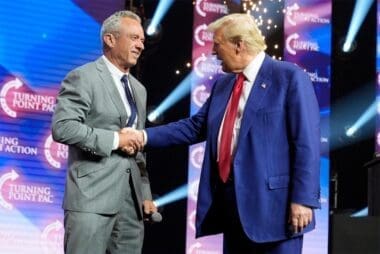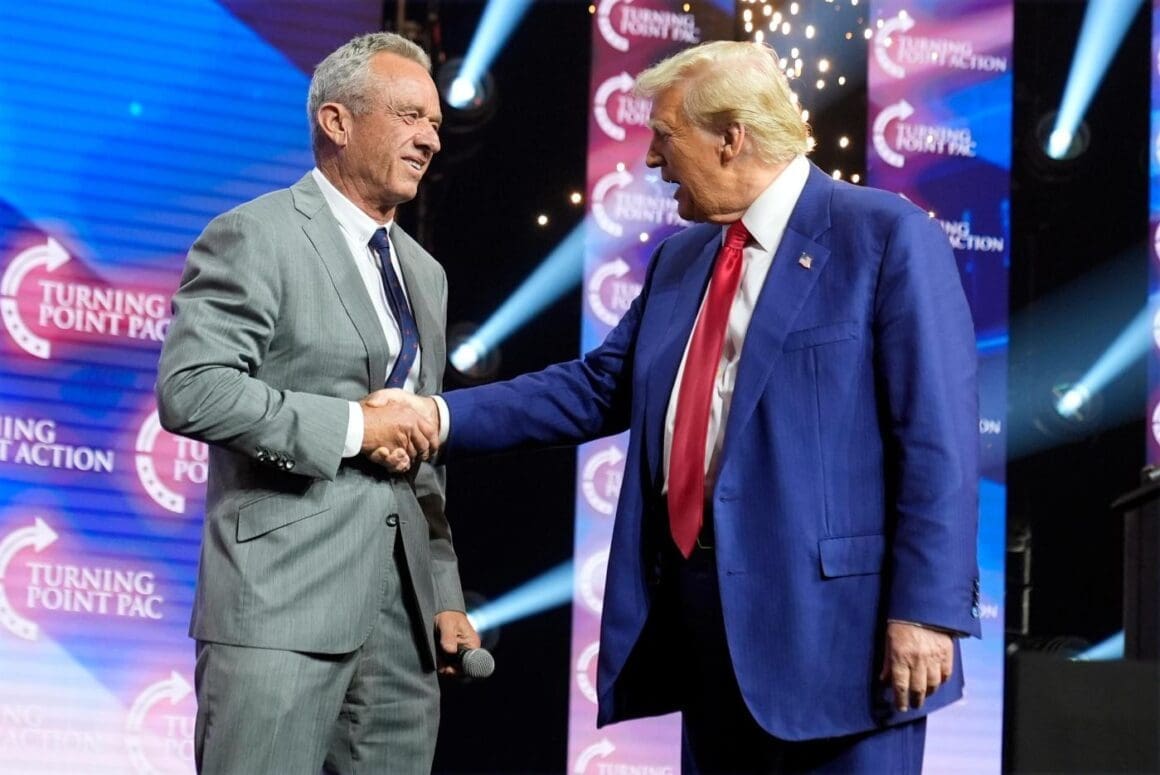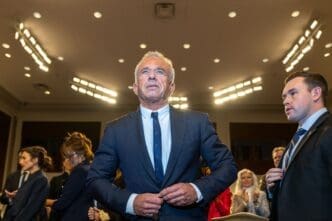In suburban Phoenix, Dolores Mejia has become increasingly observant of a troubling trend: rising rates of obesity among children and parents in her community. As a retiree who has faced her own struggles with weight management, Mejia’s concerns are not just anecdotal; they reflect a larger national crisis that has garnered attention from various public figures. One such figure is Robert F. Kennedy Jr., who is campaigning alongside Donald Trump under the slogan Make America Healthy Again. This campaign has drawn Mejia’s interest, particularly due to Kennedy’s critical stance on processed foods, which he claims contribute significantly to the obesity epidemic in the United States.
Mejia’s support for Trump adds a layer of complexity to her views on health and nutrition. Traditionally aligned with Republican ideologies, she now finds herself questioning established health organizations and their guidance on food safety, influenced by Kennedy’s rhetoric. His approach resonates with many who feel that the mainstream health narrative may not address the underlying issues of dietary health and the pervasive influence of the processed food industry.
Kennedy’s potential appointment as the Secretary of Health and Human Services is seen as favorable among Republican circles, where his focus on improving the nation’s dietary habits is welcomed. However, his controversial views on vaccines have drawn significant criticism, even from some who support his health initiatives. While some Republicans cheer his proposed reforms and aspire to see him challenge powerful food corporations to enhance food quality, the general American response is mixed. Many remain wary of his broader public health philosophies due to his past anti-vaccine advocacy.
In contrast, Democrats are largely skeptical of Kennedy’s suitability for such an influential role in Trump’s administration. While his background as a Democrat leads some to hope for a shift in traditional party lines, the prevailing sentiment among Democrats is one of disapproval, particularly regarding his stances that contradict established public health guidelines.
The discourse surrounding Kennedy’s possible role at the Department of Health and Human Services is a reflection of a polarized public. While figures like Natalie Moralez express hope that he could use his platform to advocate for better food quality and challenge corporate interests, others are quick to point out the risks of placing someone with such a contentious reputation in a key health position. This division in public opinion underscores a broader national debate about health, nutrition, and the influence of processed foods, motives behind health campaigns, and the trustworthiness of public health messaging. As discussions continue, the implications of Kennedy’s potential appointment promise to be a significant topic within the intersecting realms of public health policy and political alignment.












